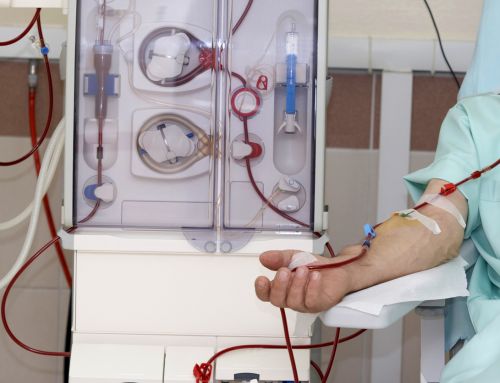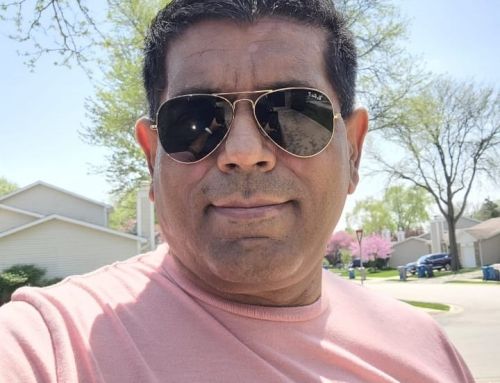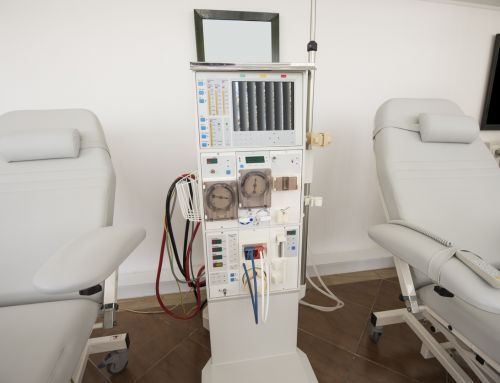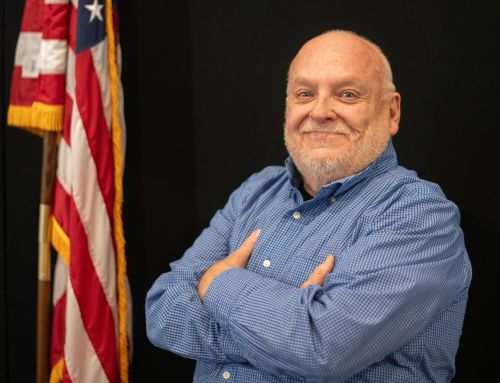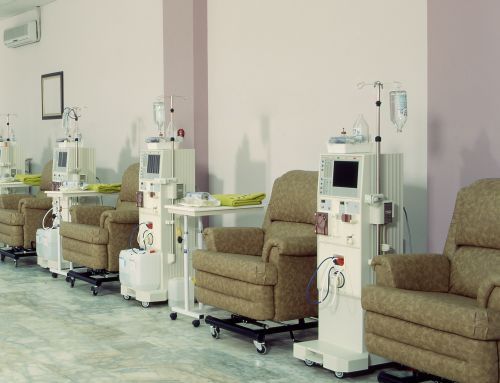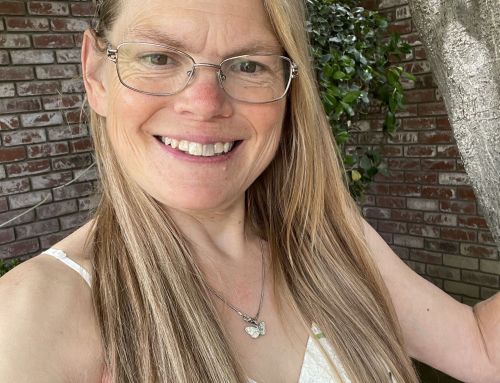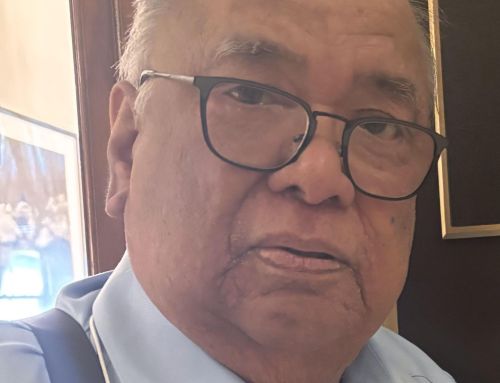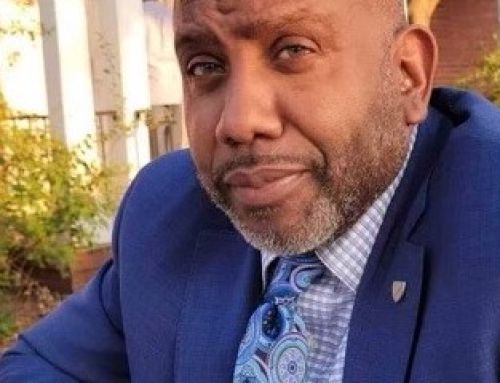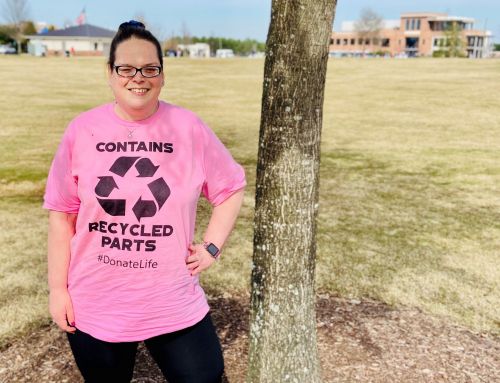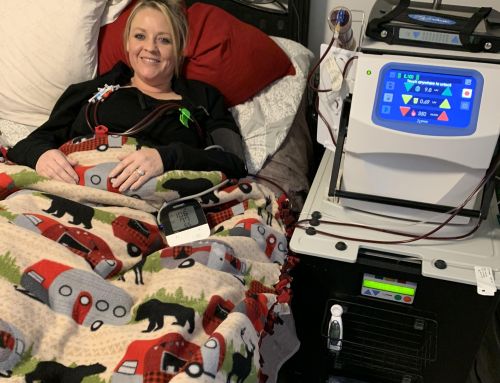Currently, dialysis patients are restricted to 30 months on private insurance coverage before having to go into Medicare. The House of Representatives recently proposed extending this length of time by three months, which is estimated to save Medicare $344 million. Access to private insurance is critical for dialysis patients, and we are very appreciative of the House’s efforts to improve that access.
Read our letter below in support of this proposal:
Dear Leader McConnell, Minority Leader Schumer, Chairman Hatch, and Ranking Member Wyden:
As America’s largest patient-led kidney disease organization representing over 30,000 dialysis patients and family members, Dialysis Patient Citizens (DPC) strives to improve the quality of life for all dialysis patients through education and advocacy. Following House passage of H.R. 6 – The “SUPPORT for Patients and Communities Act” – and in anticipation of its potential Senate consideration, I write in strong support of a provision which improves dialysis patients’ access to private insurance and protects their ability to choose what type of coverage works best for them and their families.
As you know, once patients are diagnosed with End Stage Renal Disease (ESRD) they have to begin dialysis treatments typically three times per week for 4-5 hours. These treatments are often grueling for dialysis patients, many of whom must travel long distances to receive care, and often pay extremely high out of pocket expenses. In order to live, ESRD patients must maintain these treatments or receive a transplant. Unfortunately, the average wait time for a kidney transplant is 7 years. Due to the high cost of care for dialysis patients and because they are eligible for Medicare, private insurance companies consistently try to find ways to dump them into Medicare, even though Medicare only covers 80% of out of pocket costs and leaves the patient covering all remaining costs.
To address the concerns of insurance companies, Congress passed language restricting the amount of time a dialysis patient can stay on their private insurance – an unprecedented move for any other patient population. In fact, ESRD is the only condition for which this is the case. After that period of time, Medicare becomes the primary payer for health services and the private plan becomes the secondary payer. This was originally constructed as a sustainable partnership with the government, insurers, kidney care providers and patients – this partnership has been continuously eroded leaving coverage of dialysis patients at risk.
This restriction on private coverage has resulted in a generous subsidy to insurers that is not in the best interests of patients. Since enacting this original restriction at 12 months, Congress has twice extended it, once to 18 months, and then again to 30 months. This access to private insurance is critical for patients who want to have a choice in what coverage is best for them and their families.
H.R. 6 – The “SUPPORT for Patients and Communities Act” was passed by the House earlier this year to address our devastating opioid crisis. As one of the offsets, and to improve access to care, they included a provision which would extend access to private insurance for ESRD patients by 3 months, bringing the total possible coverage to 33 months after diagnosis. This policy is good for patients and, according to the Congressional Budget Office, it is estimated to save Medicare $344 million. As you can see, this policy amendment has a long line of congressional support and legal precedence, and would empower vulnerable ESRD patients and their families.
But the insurance industry is claiming this mere 3 month extension will cause them to raise premiums and reduce coverage, as stated in the coalition letter they sent to you dated August 20, 2018. What their letter failed to mention is that these companies earned significant profits over the past few years. After such a windfall, it seems disingenuous and hypocritical to claim that allowing ESRD patients to remain on their private plans for an additional 3 months could force them to increase premiums or reduce coverage to the broader population.
The option to choose private insurance is critical for ESRD patients. Private insurance is particularly attractive to ESRD patients with families, because Medicare does not provide coverage for spouses and dependents. Private insurance often provides dialysis patients with better access to transplantation, as additional benefits such as dental services are often critical for ESRD patients, but not covered by Medicare. Private insurance coverage also helps provide patients with financial certainty, as the fear of mounting health care bills are mitigated by out-of-pocket maximums not available in Medicare. Ultimately, dialysis patients just want to be treated like everyone else, which means being able to choose the health plan that best fits their needs.
On behalf of our members, and in the best interests of all ESRD patients, I urge you to maintain the inclusion of this important provision as you consider H.R. 6. I appreciate your consideration of this request and look forward to continuing to work with you on behalf of our patients.
Sincerely,
Hrant Jamgochian, J.D., LL.M
Chief Executive Officer
Dialysis Patient Citizens



